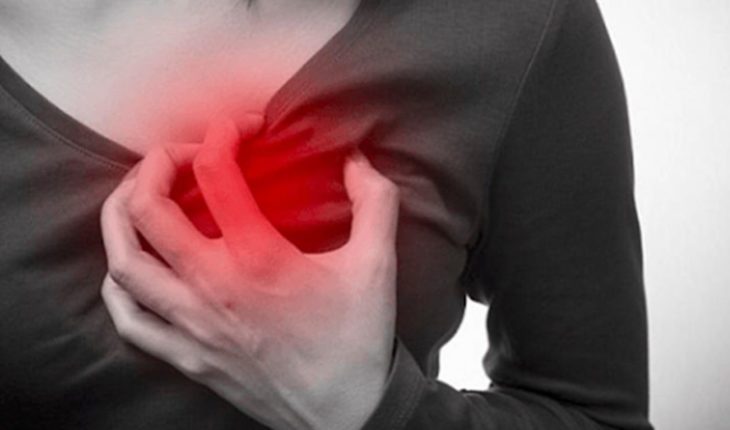Domestic violence against women is a global problem that is linked not only to human rights violations but also to a public health issue. Millions of women, girls and adolescents are victims of it worldwide. In Argentina, according to data provided by the Office of Domestic Violence of the Supreme Court of Justice of the Nation, in the first quarter of 2018, 76% of those affected by domestic abuse were women. They outnumber and proportion to males in almost all age ranges. The most affected group is women between the ages of 22 and 39, which accounts for 34% of all victims.
In the face of these alarming figures, one question remains to be answered: what physical and psychological consequences remain in these women who manage to survive this kind of violence? Very little has been studied as exposure to domestic violence impacts the health of women, girls and adolescents; and how much we have left to discover. A recent paper published by the American Heart Association, through its Go Red For Women movement, assessed the relationship between women’s exposure to domestic violence, the development of cardiometabolic disease, and increased mortality.
Illustrative image
“It is very interesting to note that there is no good scientific information in the literature on this subject and it is one of the first times that some clinical evidence of cardiovascular disease (coronary disease, heart failure, peripheral vascular disease, transient ischemic accident, high blood pressure, type 2 diabetes, and even patient death,” he reflects Dr. Analia Aquieri, a cardiologist (MN 114,729) and a member of the Foundation Argentine Cardiology (FCA). In analyzing the results of this study domestic violence in women presents a significant association with the increase in the incidence of cardiovascular disease, but the presence of heart failure or vascular disease was not significant Peripheral. However, the presence of type 2 diabetes is clearly associated with the exposure of domestic violence.
“If we take into account the high incidence of domestic violence in women and their association with cardiovascular disease, this makes us wonder how little we question in the consultation about this situation that should be considered a risk factor more,” says I’m right.” We usually find ourselves in the office with women who arrive devastated, depressed, distressed, unable to identify why. The first thing they feel is pain, of being alone and helpless as a result of abuse, abuse, violence in their homes. A violence that is not always physical, can also be verbal, psychological, economic, to which they are subjected every day of their life by the people closest to them, other family members, couples, ex-partners, with whom the bond of trust is extremely close, but that when it occurs within the family is naturalized and is not questioned or denounced,” analyses Dr. Jorge Tartaglione, president of the FCA.
Illustrative image
“That is why it is important that in the consultation we intensify our quest to discover the problem as early as possible, to be able to listen and contain those in front of us, and to promote a change in the lifestyle that contemplates control of the rest of the factors of cardiovascular risk present. While we lack more information on the topic, this is a tip for us to start incorporating it into our routine,” says Dr. Aquieri.” While there are no statistics in our country that tell us how abuse and abuse affect women’s cardiovascular health, this study in the UK invites us to reflect on how it affects them and what our role is in the consultation to to be able to address it,” concludes Dr. Tartaglione.





